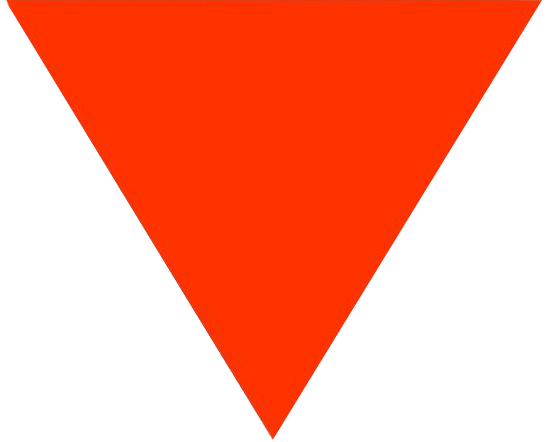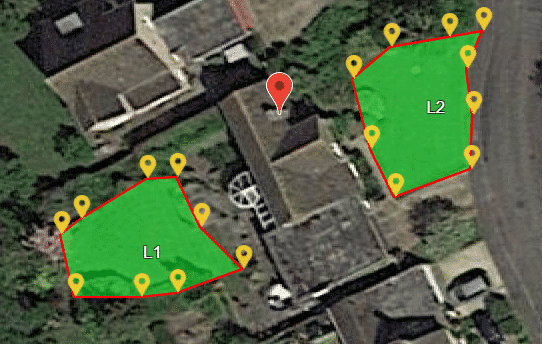“I wonder who it could be?. Could it be moles? Leatherjackets? Chafer grubs?”. All valid suspects but the one I am currently thinking of is close to our hearts. A lot of you probably have them in your homes, always caring for them and making sure they’re happy. We are talking about mans’ best friend, dogs’.
I’m sorry to be the one to say this, but lawns and dogs don’t go well together. Tell me if your dog hasn’t done anything I am about to list? Rolled around in the grass, ran circles in the garden over and over again (I don’t understand how they keep going), dug up the soil or done their business in the garden. If your dog hasn’t done any of these then you have an amazing dog who cares for your lawn as much as we do. Having a dog isn’t bad at all but if you really care about your lawn you may have want to have a quick read below.
The Bathroom
Now when your dog has to use the bathroom and they happen to do it on your lawn, the best plan of attack will be to dilute their urine. Diluting will reduce the concentration of nitrogen, which will hopefully stop brown dead patches appearing in that area.
If you have bitches they can cause more damage as they prefer to squat in a specific area, whereas dogs tend to go little and often to mark their territory. Dog excrement should be removed as soon as possible as this will leave dead patches and is also a health issue if it gets into a human eye.
But you could be very lucky! If your grass roots are deep then the urine may not hugely affect the grass or if the soil is already very moist the urine is diluted.
Regular walkies
Taking your dog out more often it will give them a routine which will one, keep them healthy (which will be great) and two, reduce how often they relieve themselves in your garden. Of course when nature calls and they do urinate in your garden don’t stop them. A walk first thing in the morning is best as that is when they need to relieve a large amount but will also have a large concentration of nitrogen.
They also burn off excess energy which will help them settle and lay on your lawn rather than running around and damaging the grass.
If all else fails
If everything you try has failed then restrict them from going on your lawn. It is bad to say this but it could be the only way. Potentially you can give your dog an area to themselves, fence it off, have a water bowl, toys, and a doggy house to make them happy.
Hopefully, with these tips and carefully looking at what your dog gets up to, your lawn will stay healthy!
If you would like more information feel free to call us on 01722 744300. Or click here to see our other blog posts

